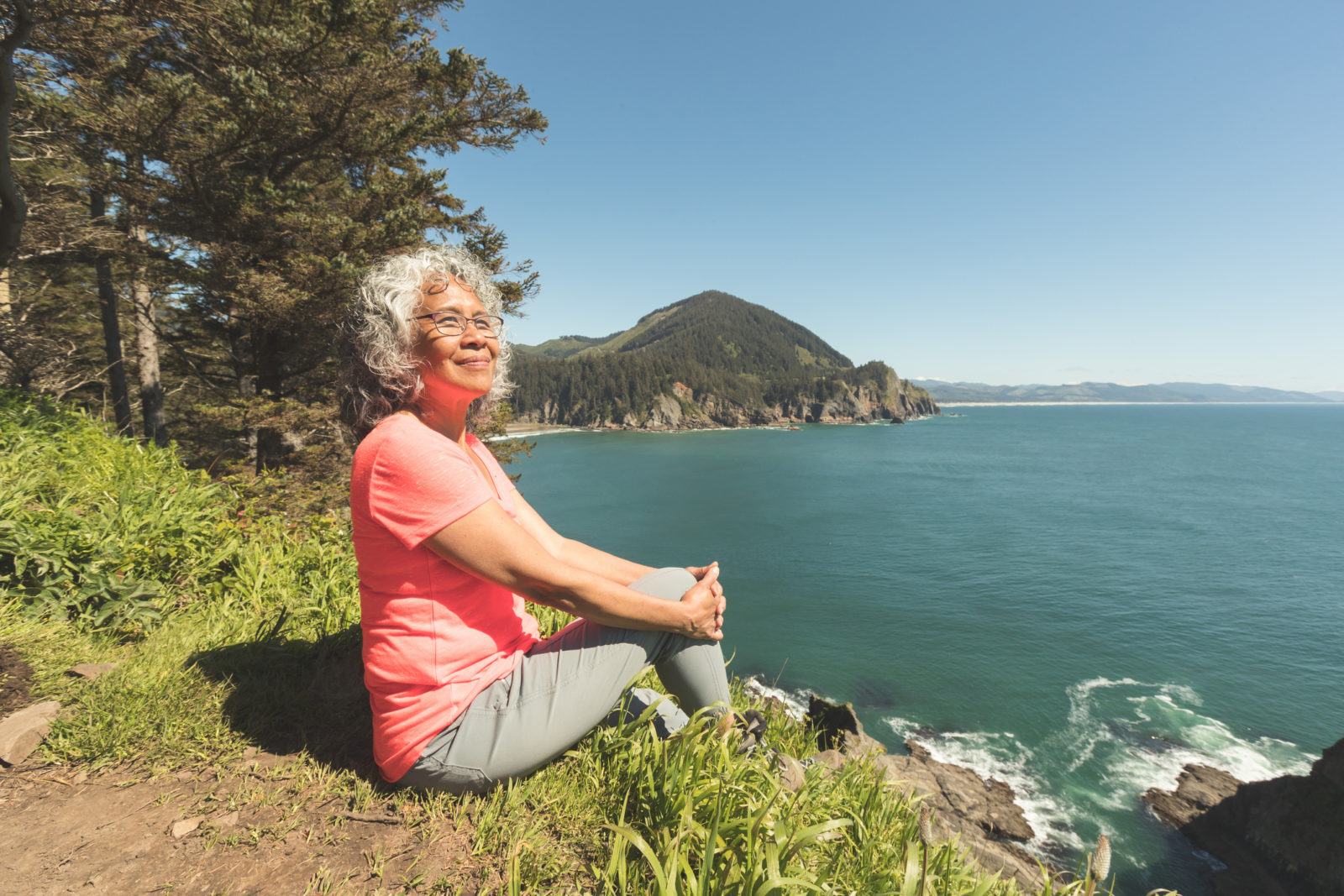Promoting Senior Independence

The end of February marks the end of National Senior Independence month, but not the end of helping older loved ones maintain their autonomy. By 2050 the number of U.S. adults will reach 88.5 million; most will want to remain in their homes, living life on their terms. We can all help make that possibility a reality by promoting strategies that reinforce healthy aging for self-sufficient living.
What is independent living? For seniors, independent living means being able to do daily activities by and for oneself with minimal support. These activities can include everything from cooking, cleaning, and bathing to shopping, banking, and socializing. Seniors may live in their homes or in communities that foster engagement, provide amenities, and offer additional activities. Independence has been shown to be a strong predictor of seniors’ overall health and well-being, so promoting senior independence is important for quality of life.
Here are five ways to help seniors you care about (including yourself!) live independently.
- Listen and let them lead the way. Independence is defined as not being subject to the rule or control of another. To live independently, seniors need to have control of their lives. Whether determining what extra help might be needed, what living community makes the best sense, or what schedule to keep, the elder must be part of the decision-making. The key is empowerment. One way to do this is advance care planning for future health care decisions, to ensure health care treatments will reflect the senior’s personal values.
- Make sure that home, sweet home is also home, safe home. To live independently, seniors must live safely. Evaluate the residence to ensure it offers everything needed for aging in place. How many stairs are there? How much clutter takes up space? Does the bathroom have grab bars and a walk-in shower? Is the kitchen equipped with auto-off features? Updates can be expensive and can be done over time. Lakelyn Hogan, Ph.D., gerontologist and caregiver advocate, suggests, “Every year when you do your spring cleaning, maybe take one step in making your house age-friendly. So this year focus on lighting, next year make sure that there are grab bars in the bathrooms.”
- Encourage social connections with family, friends, and colleagues. Being independent shouldn’t mean being alone. In fact, loneliness is a major health risk for seniors. Feeling isolated can raise blood pressure, interrupt sleep, change immune cells, and increase depression. And, most people flourish with socialization. Senior centers are a good resource for fellowship. Nearly 10,000 senior centers serve almost 1 million older adults offering programming and opportunities throughout the United States.
- Promote lifelong learning and skill sharing. Research has shown that learning can help seniors with memory, attention, thinking, and reasoning skills. Mary Kay Shartle Galotto, former Director of Osher Lifelong Learning Institute at Johns Hopkins University, explains the benefits of classes for older adults, “If your mind’s active and you have opportunity for social networking, it gives you a life.” Research has also shown that sharing wisdom can be help seniors feel that their lives are ‘very meaningful.’ Finding occasions to try something new (like learning about technology) or mentoring others in areas of expertise (like specialty fields) can reinforce meaning and independence.
- Discuss what to do if things change. Nobody can predict the future. Independence may not be possible if more help is needed with daily activities or if a diagnosis will require assisted living (like dementia). Early conversations about what will happen if the situation changes can be extremely helpful. Everyone will be prepared, and seniors can still express their independence by planning for the next stages of their lives.
Living independently does not mean doing it all alone. Family Home Health partners with older adults, their families and loved ones, as well as healthcare providers to deliver the most comprehensive continuum of care and services in the home. For more about how we can help, click here.
Sources: Walden University; Forbes; Frontiers in Psychology; AARP; University of Chicago; NCOA; Victoria Department of Health; New York Times; NetDoctor
![Family Home Health [logo]](https://www.familyhomehealthnetwork.com/wp-content/uploads/sites/250/2017/04/logo-new.png)